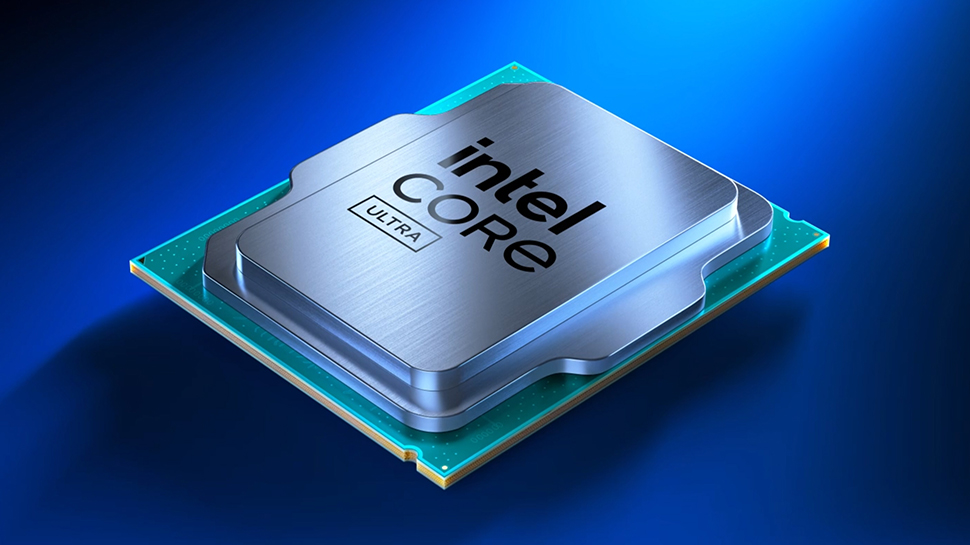Intel finally brings its latest laptop CPU tech to other platforms but desktop users are shunned — Meteor Lake-PS architecture fuses Core Ultra and LGA socket, targets edge systems instead
Intel unveils its first Core Ultra processor for the LGA1851 socket

It was expected that Intel's LGA1851 socket would house the tech giant’s next-gen Arrow Lake chips, but for now it seems the company might have another use for it.
At the recent Embedded World conference, Intel unveiled its Meteor Lake-PS architecture for edge systems, the first Core Ultra processor on an LGA socket.
The new SoC design, which integrates the Intel Arc GPU and a neural processing unit, is aimed at enabling generative AI and handling demanding graphics workloads for sectors such as retail, education, smart cities, and industry.
Ultra low TDP
Intel says its Core Ultra processors offer up to 5.02x superior image classification inference performance compared to the 14th Gen Core desktop processors. Applications for the PS series include GenAI-enabled kiosks and smart point-of-sale systems in physical retail stores, interactive whiteboards for advanced classroom experiences, and AI vision-enhanced industrial devices for manufacturing and roadside units.
The new chips are designed with low-power, always-on usage scenarios in mind. This is evident from the fact that none of these chips have a Thermal Design Power higher than 65W. There’s even a low-power version with a 15W rating (12-28 configurable TDP).
Intel says “Moving away from the conventional setup where Intel Core desktop processors are combined with discrete GPUs, the PS series of Intel Core Ultra processors introduce an innovative integration of GPU and AI Boost functionalities directly within the processors, alongside the flexible LGA socket configuration. Offering four times the number of graphics execution units (EUs) compared to their predecessors in the S or desktop series, these processors deliver a powerful alternative for handling AI and graphics-heavy tasks. This design not only negates the necessity for an additional discrete GPU, thereby lowering costs and simplifying the overall design process, it also positions these processors as the go-to solution for those prioritizing efficiency alongside enhanced performance.”
The desktop LGA1851 socket can support 5600MHz DDR5 memory, two PCIe Gen4 SSDs, and four Thunderbolt 4 devices. There is a notable absence of chipset support for Thunderbolt 5, Wi-Fi 7, and PCIe Gen5, however.
Sign up to the TechRadar Pro newsletter to get all the top news, opinion, features and guidance your business needs to succeed!
The new desktop Intel Meteor Lake chips are not expected to be available until the fourth quarter of 2024. This timeline also coincides with the expected launch of Arrow Lake desktop CPUs, according to the latest industry rumors.
More from TechRadar Pro

Wayne Williams is a freelancer writing news for TechRadar Pro. He has been writing about computers, technology, and the web for 30 years. In that time he wrote for most of the UK’s PC magazines, and launched, edited and published a number of them too.